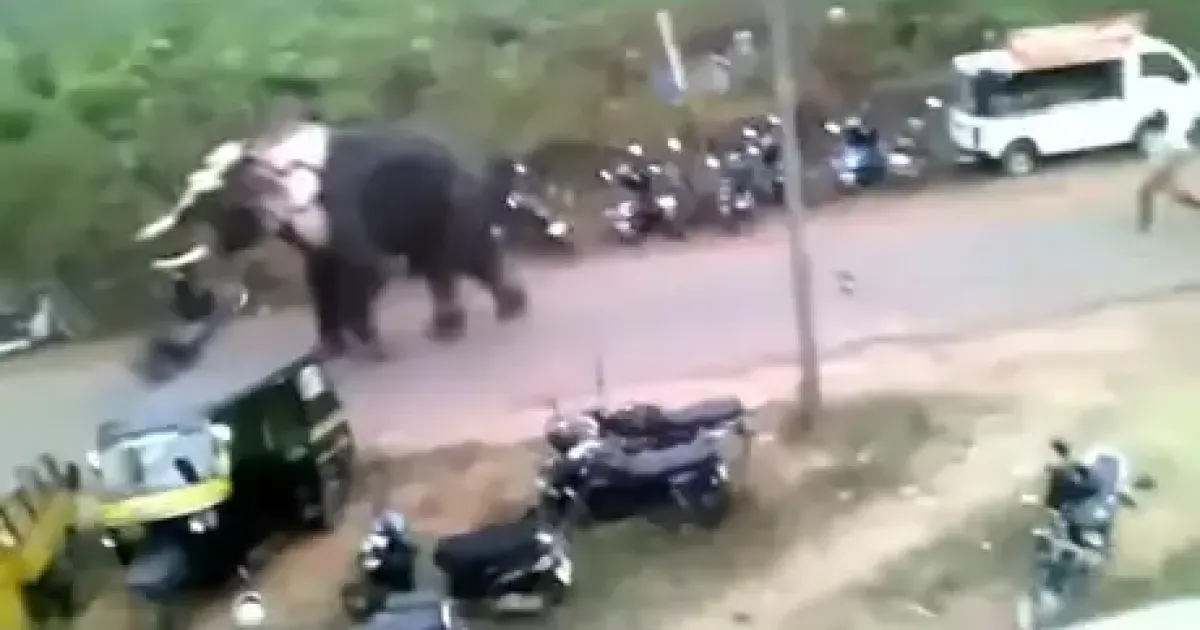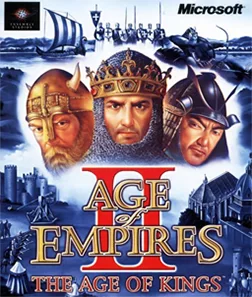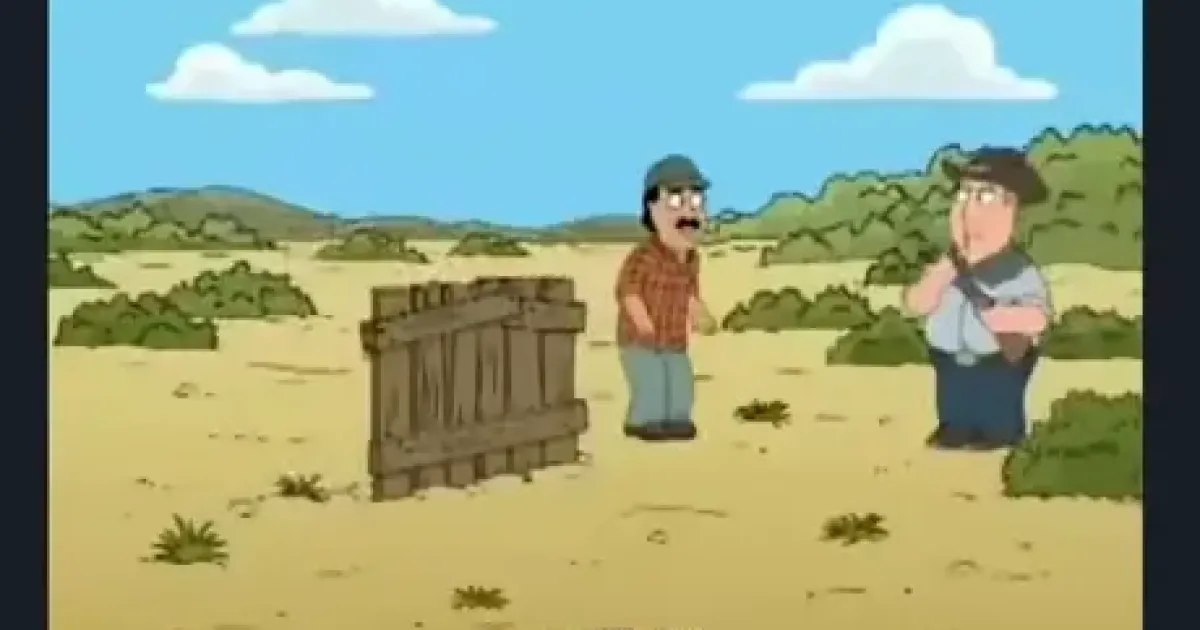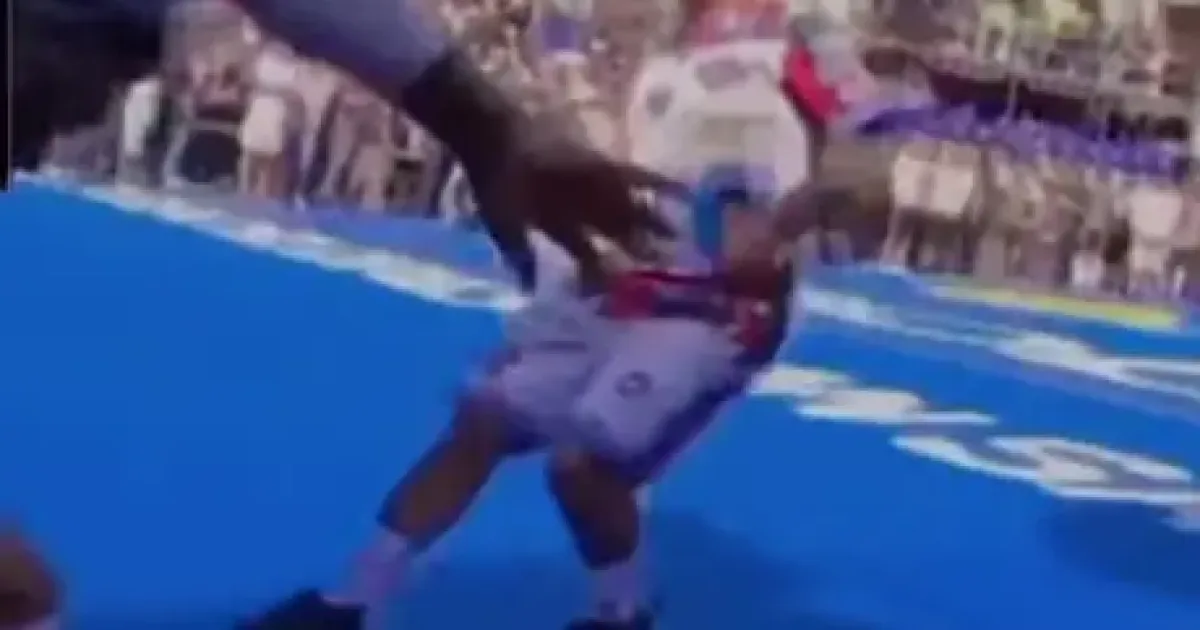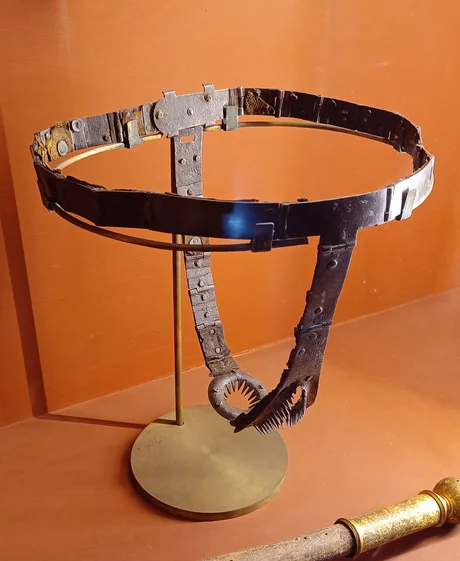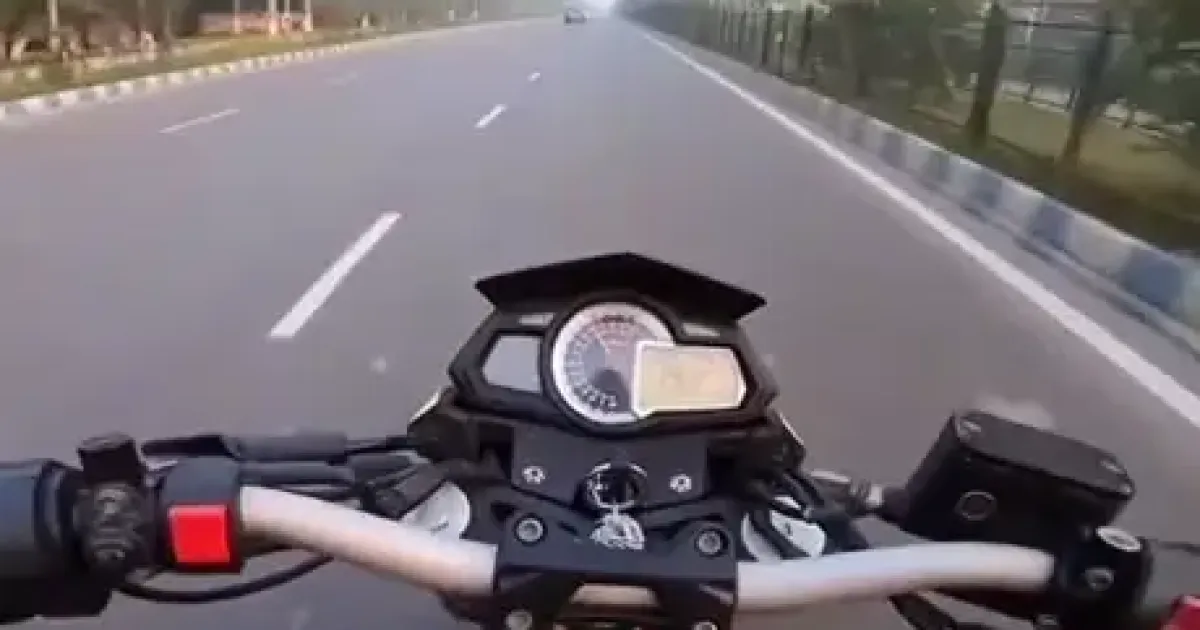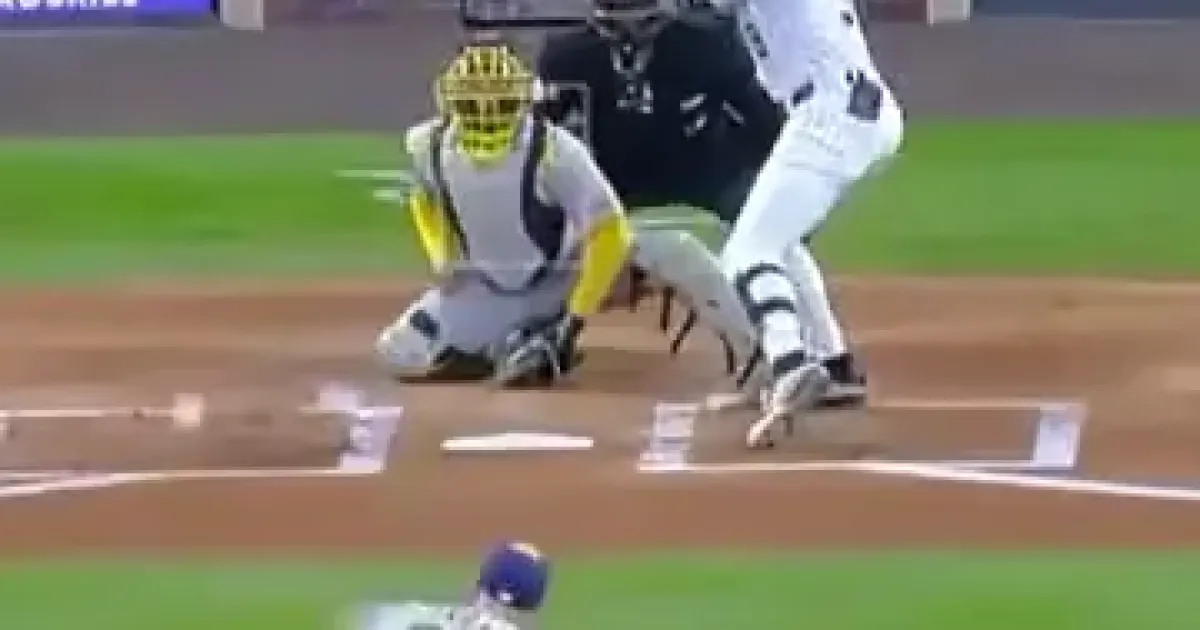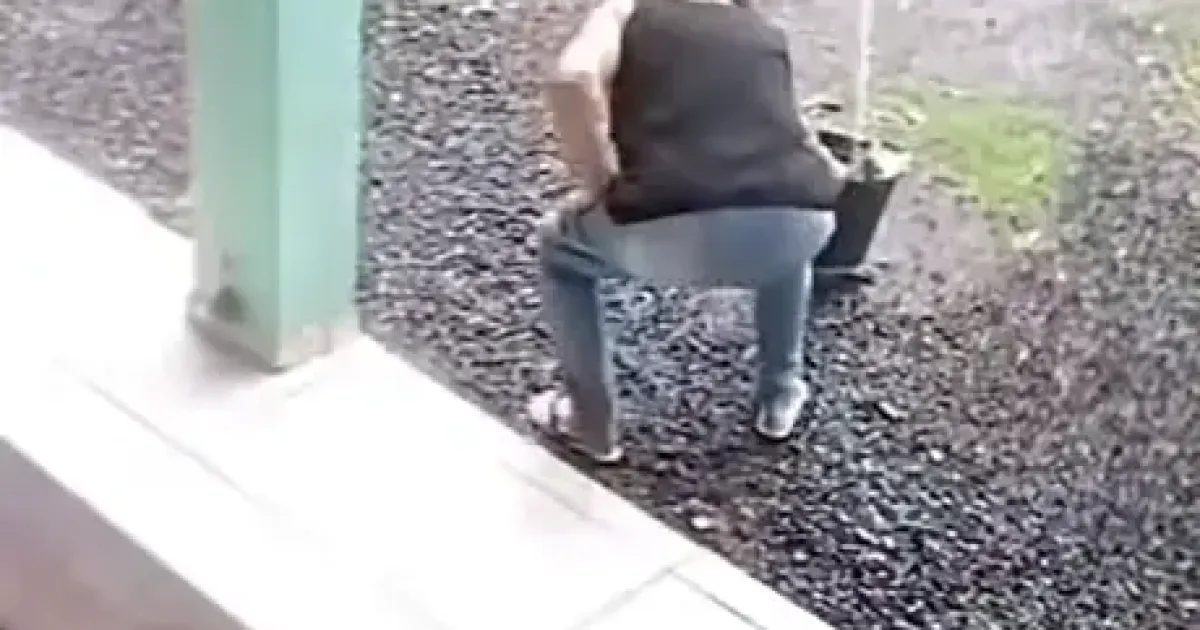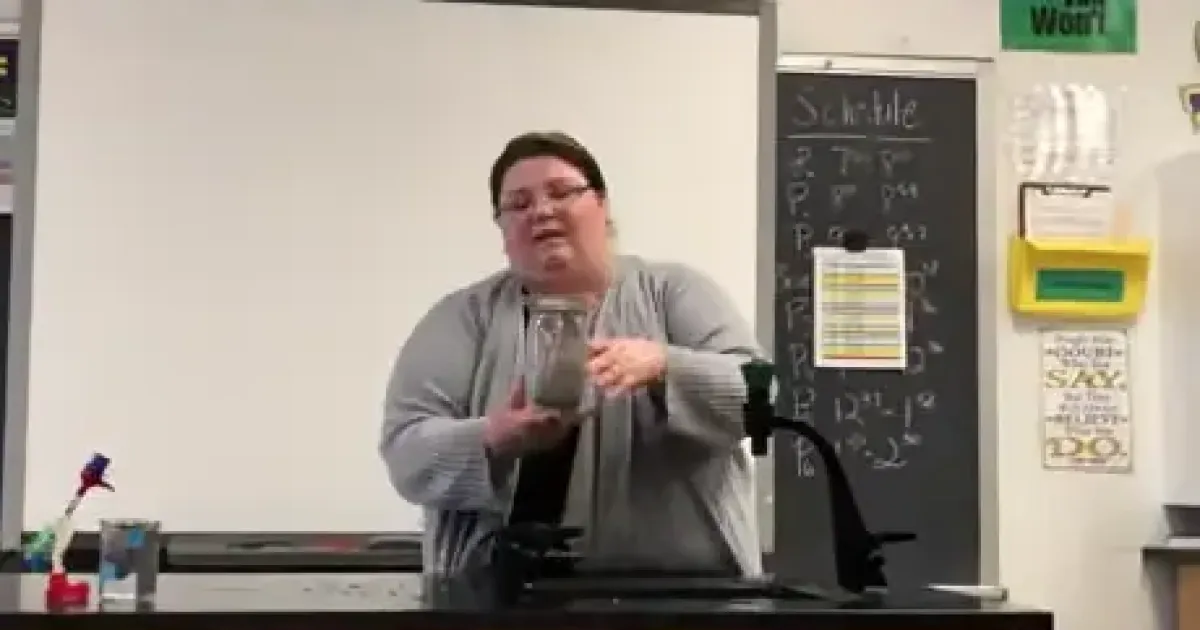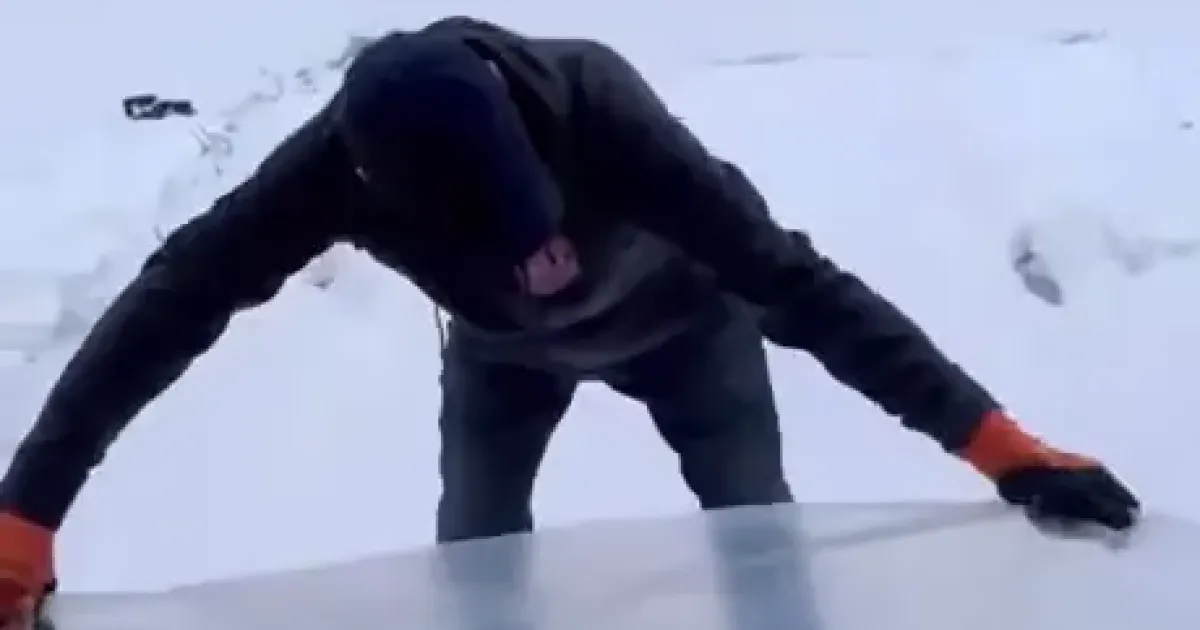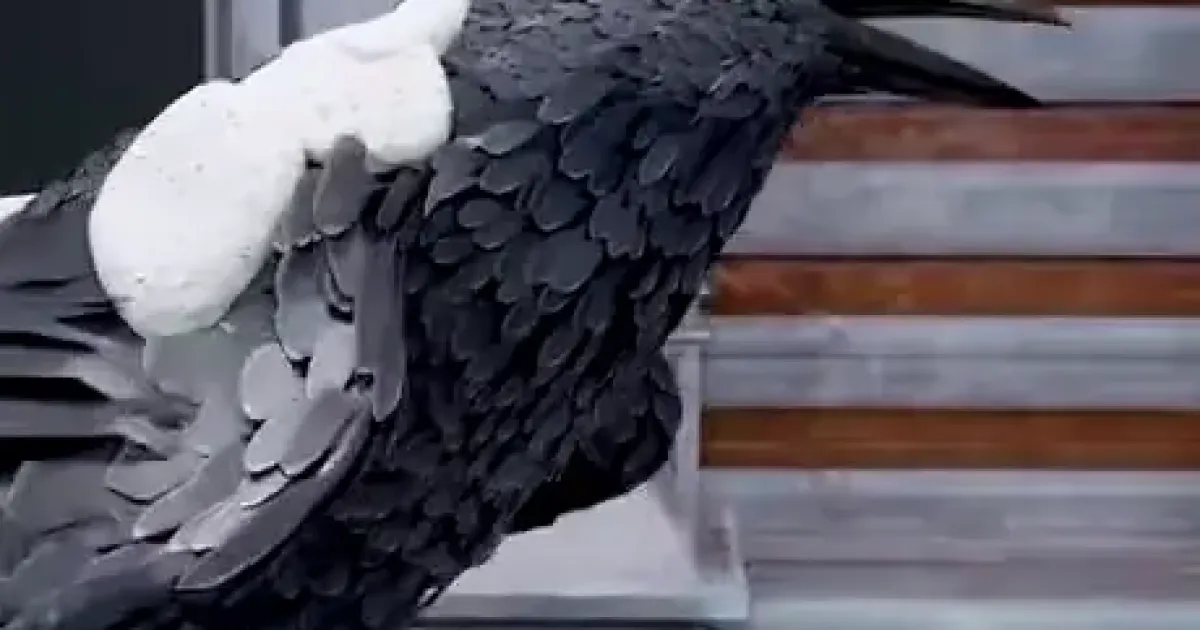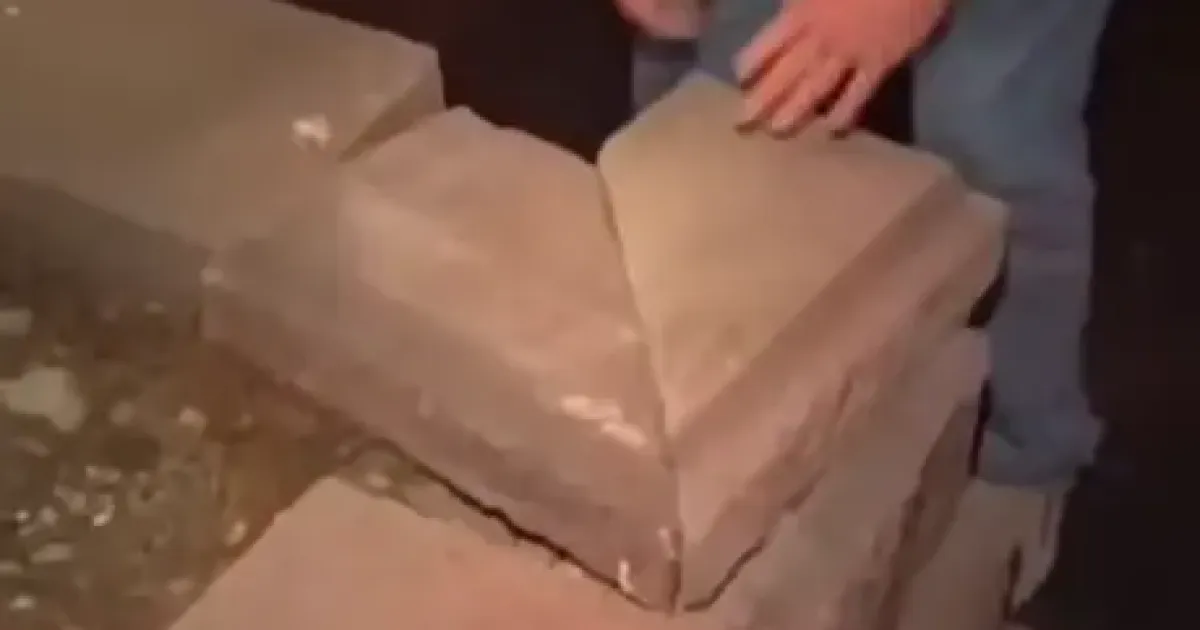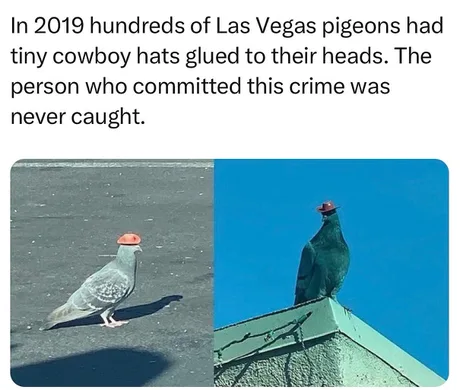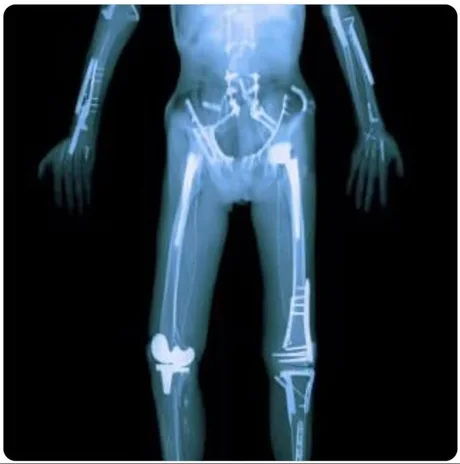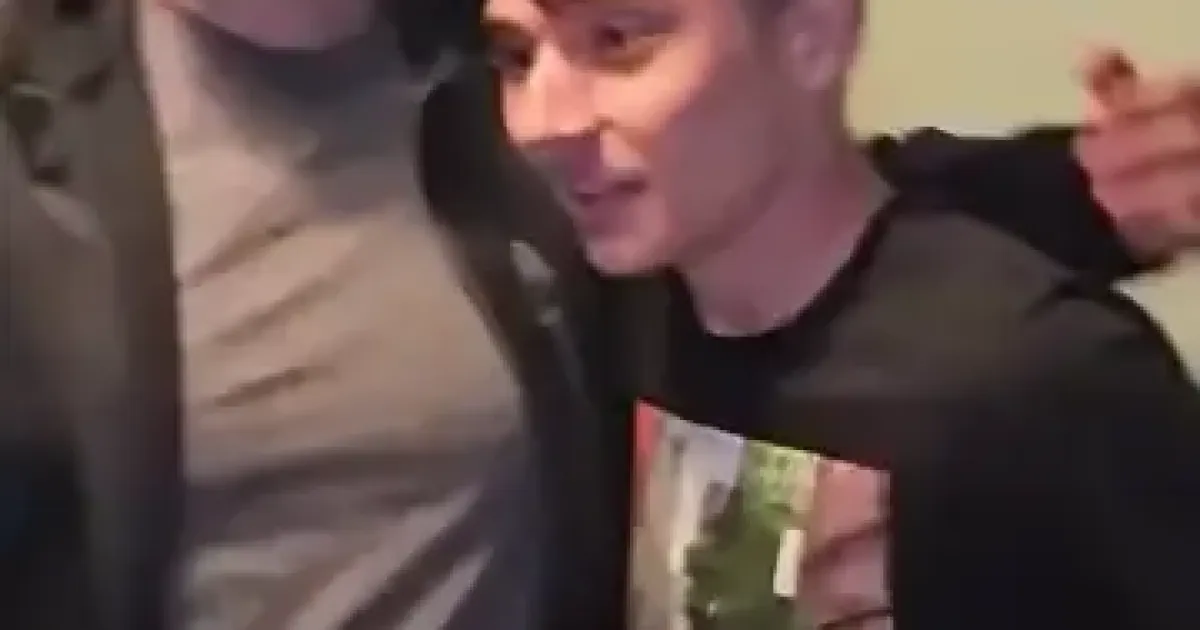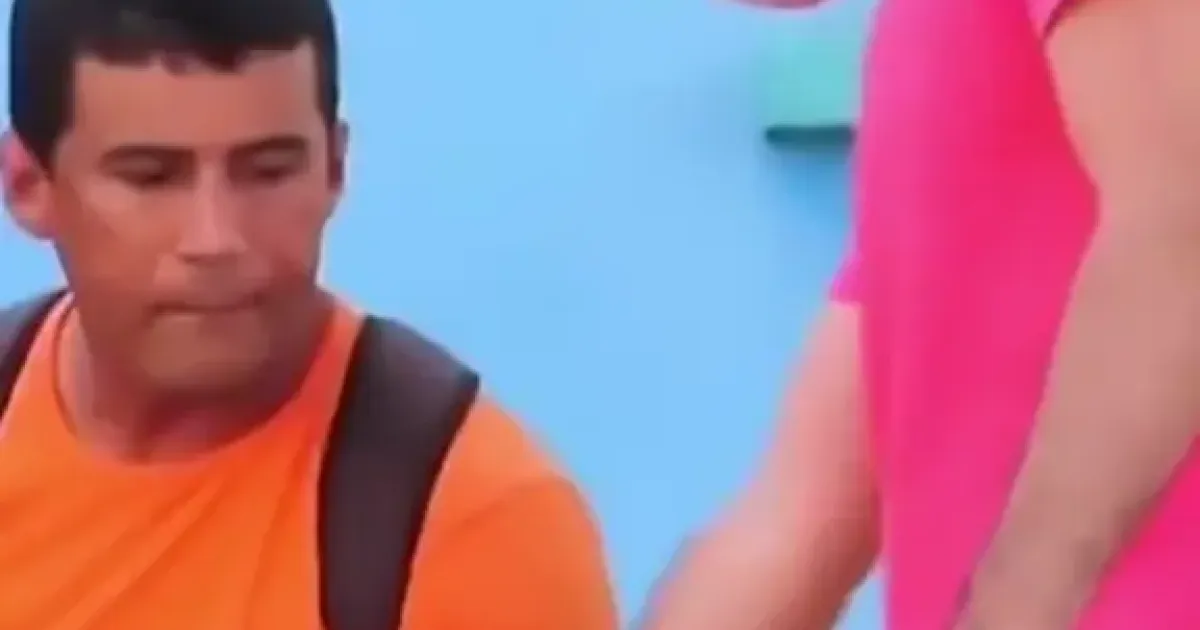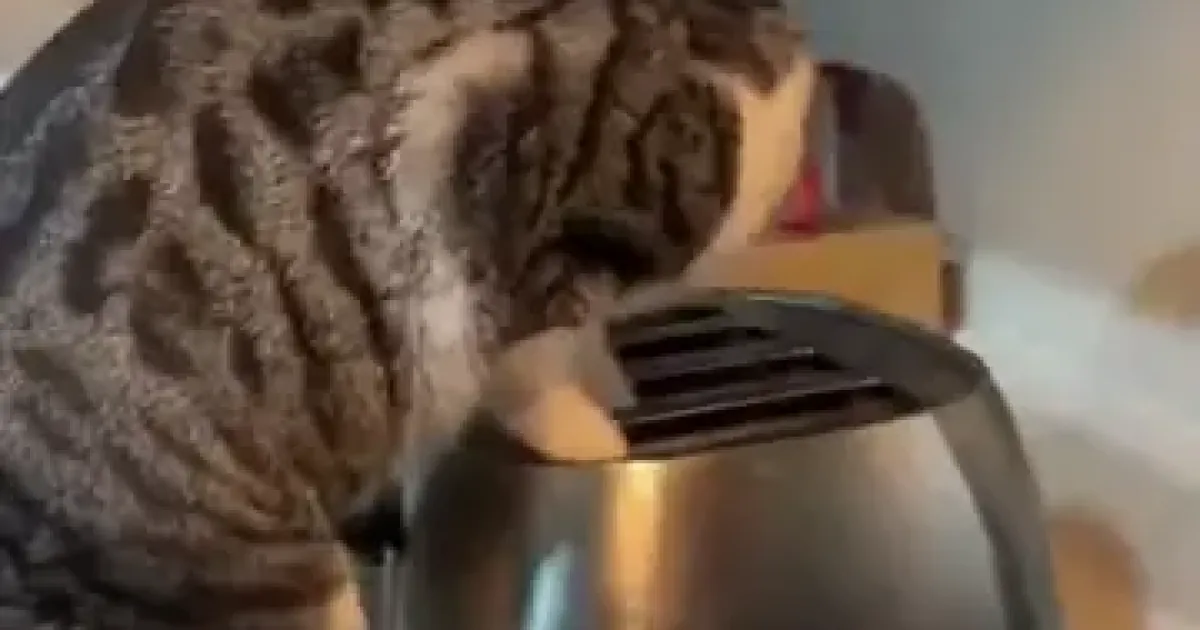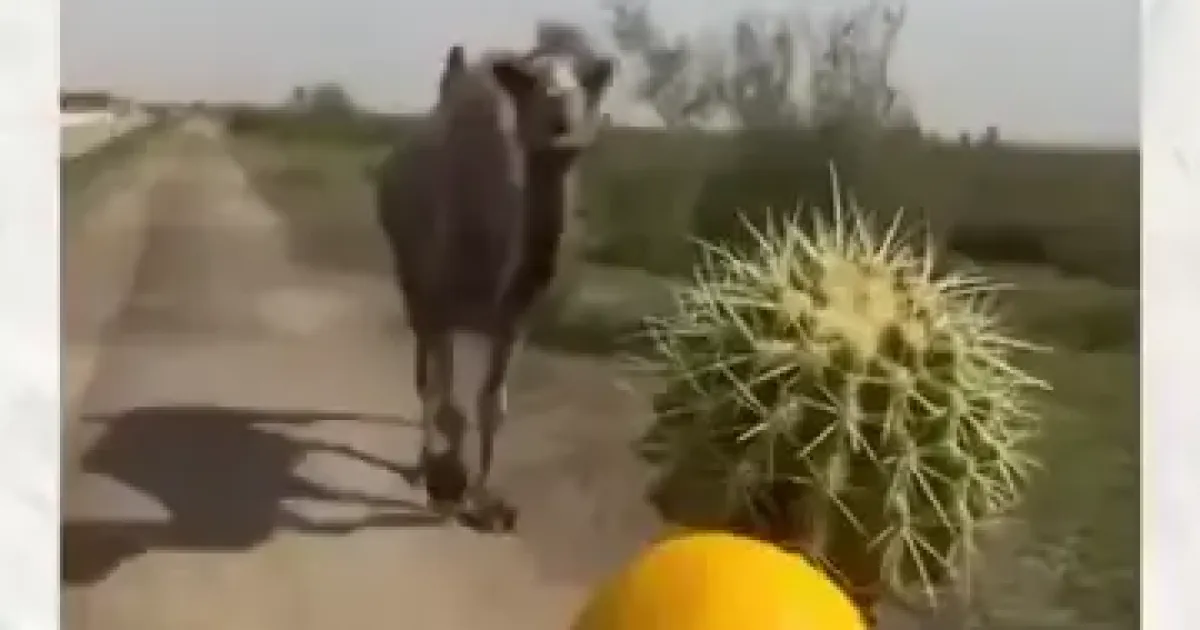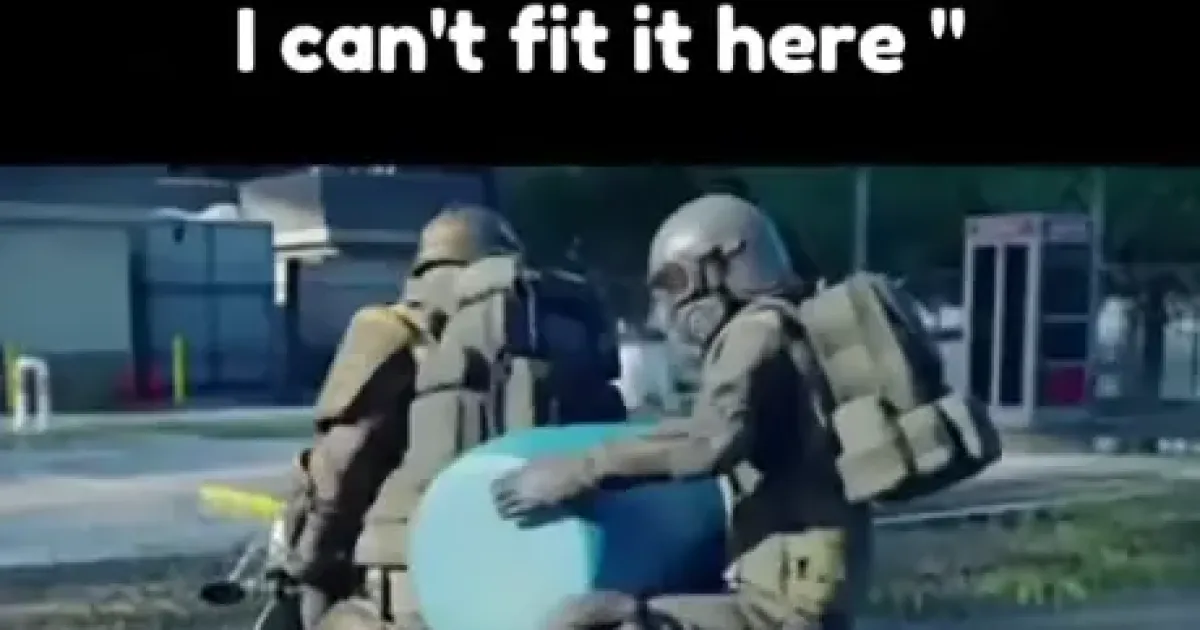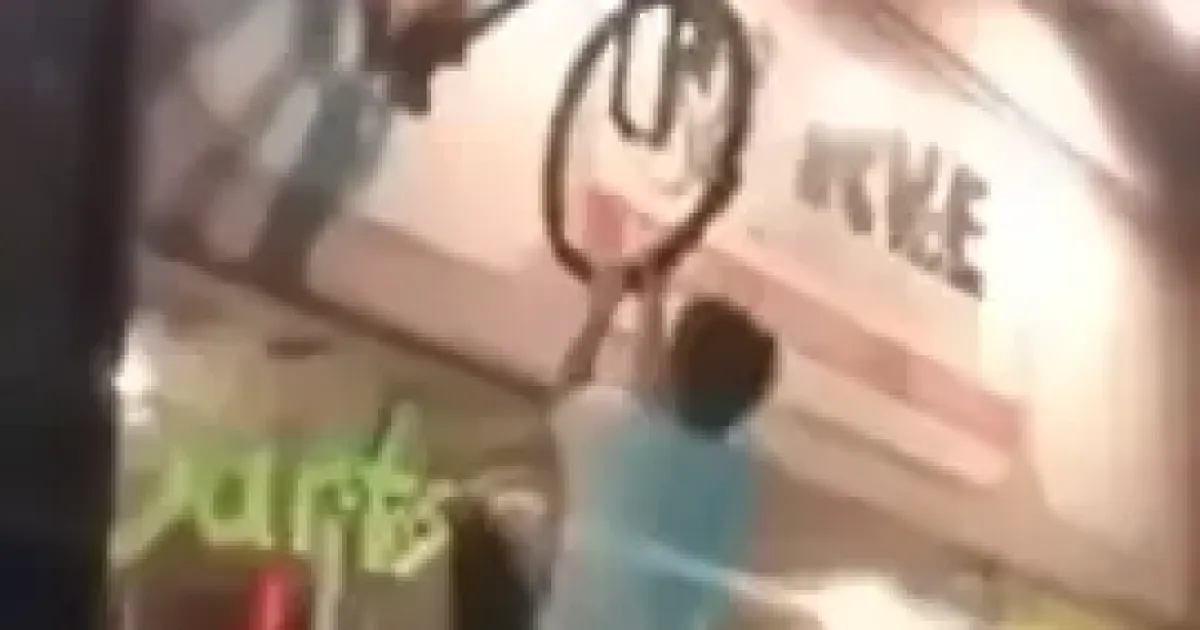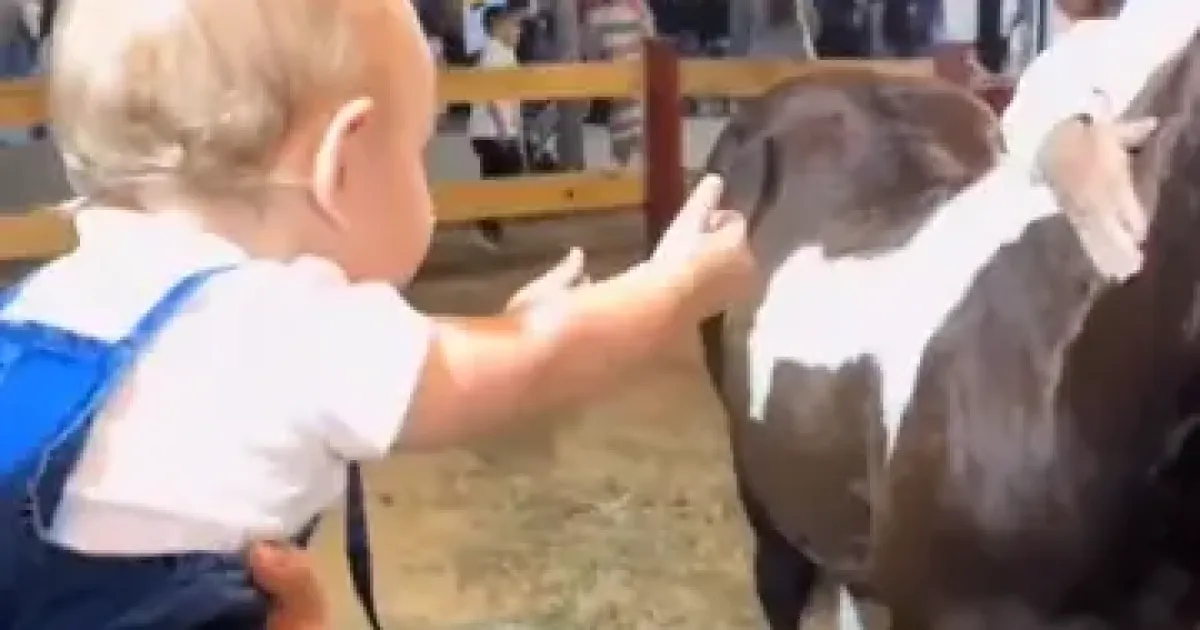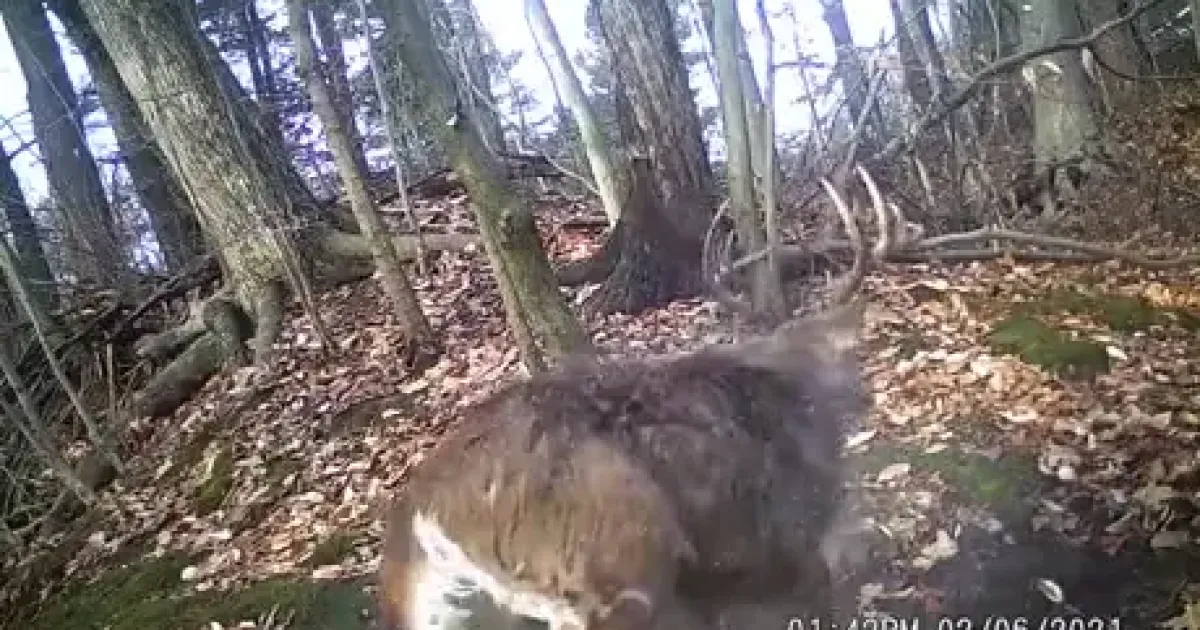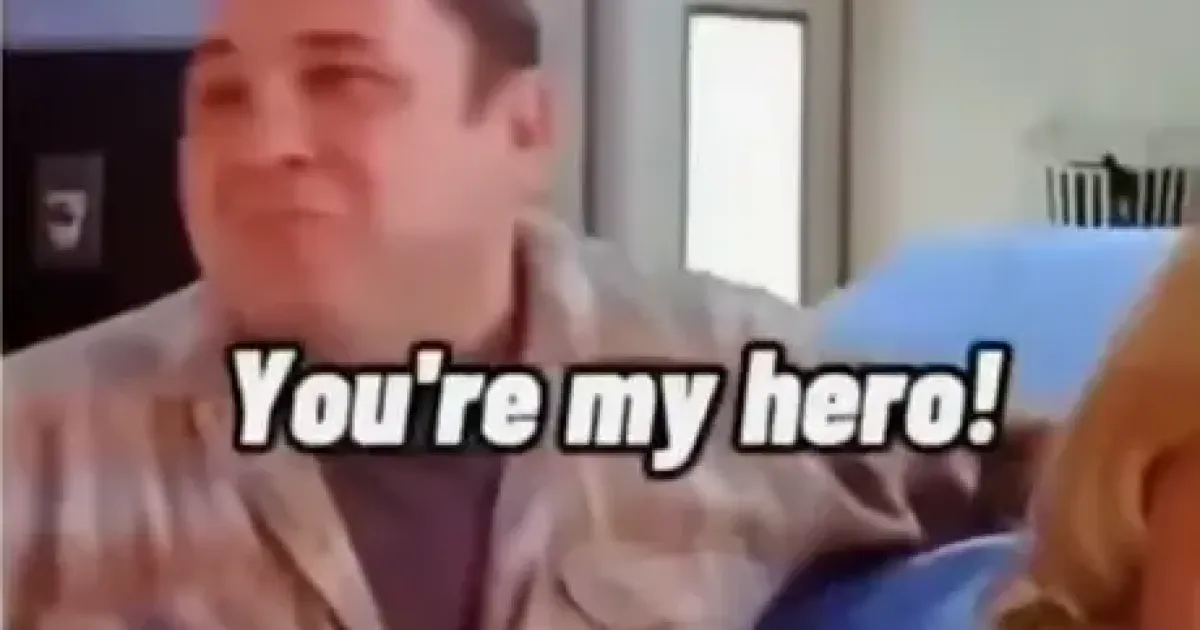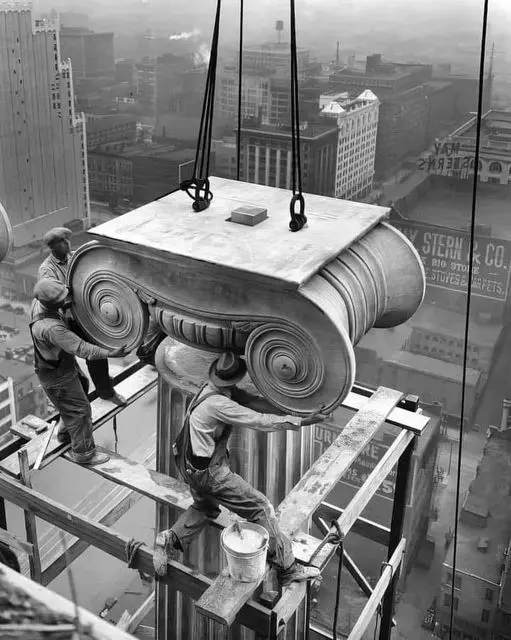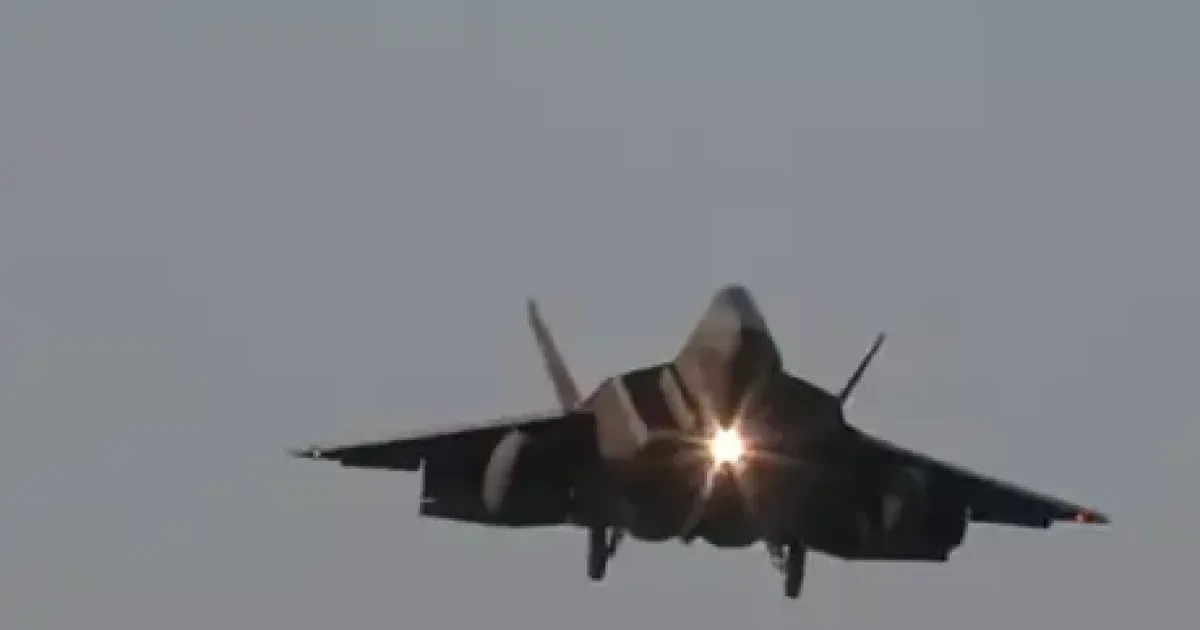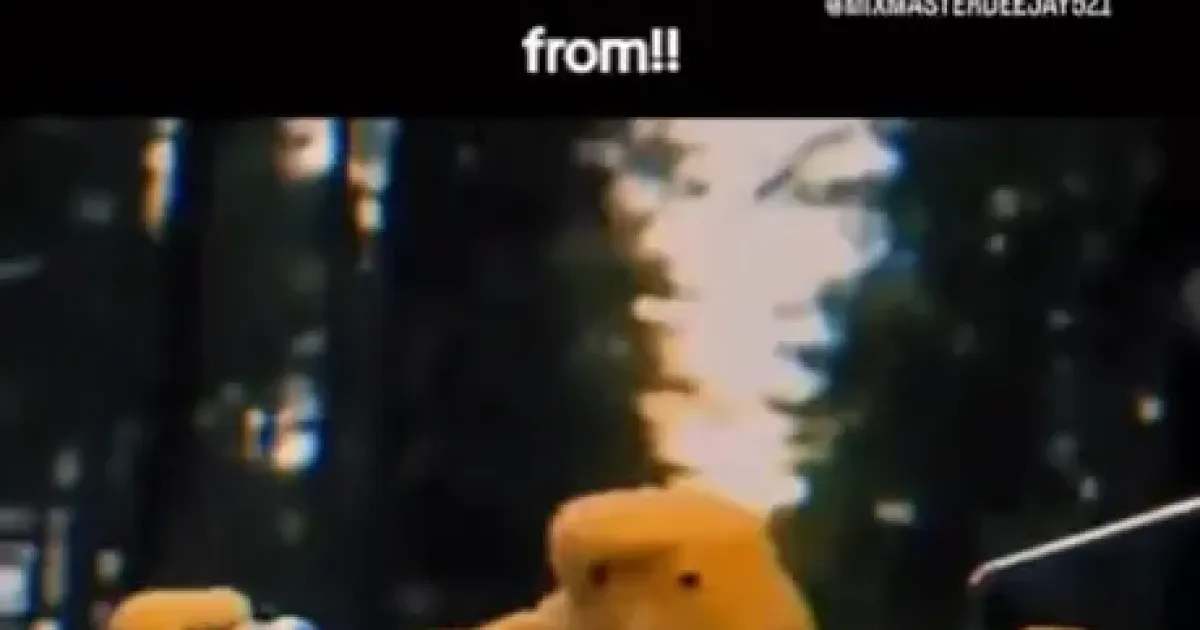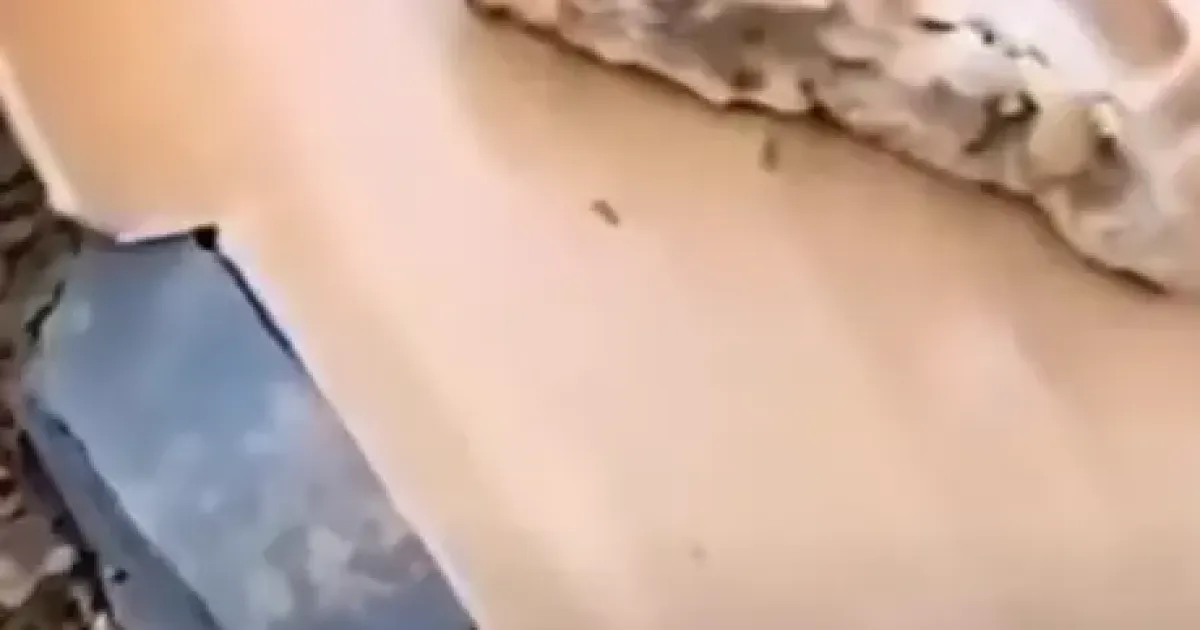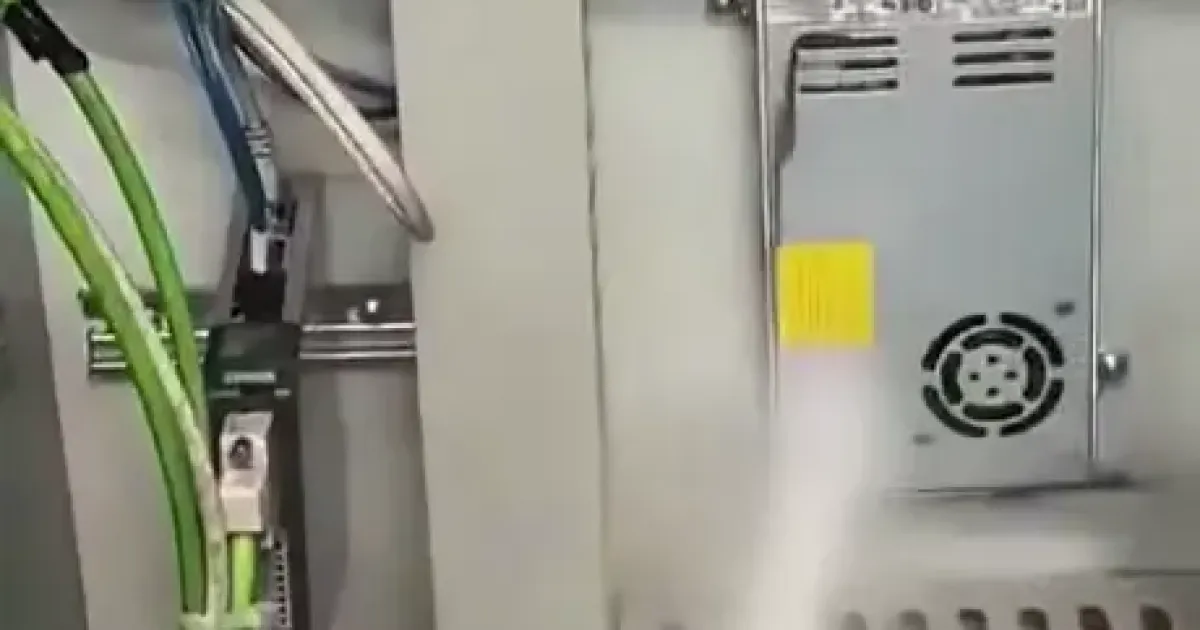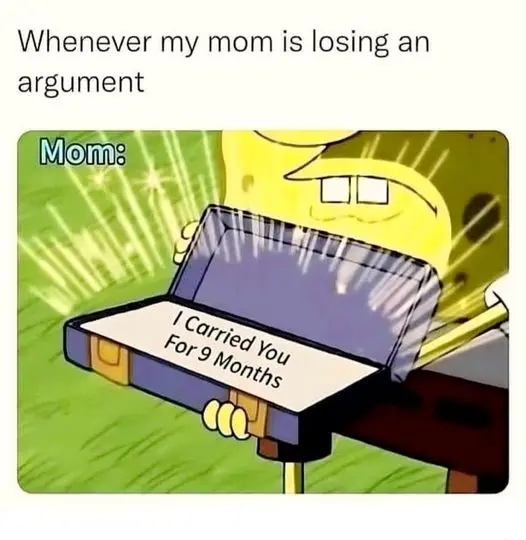
Whenever my mom is losing an argument
Whenever my mom is losing an argument
Mom: I Carried your for 9 months
#meme #fun #funny
Read More...
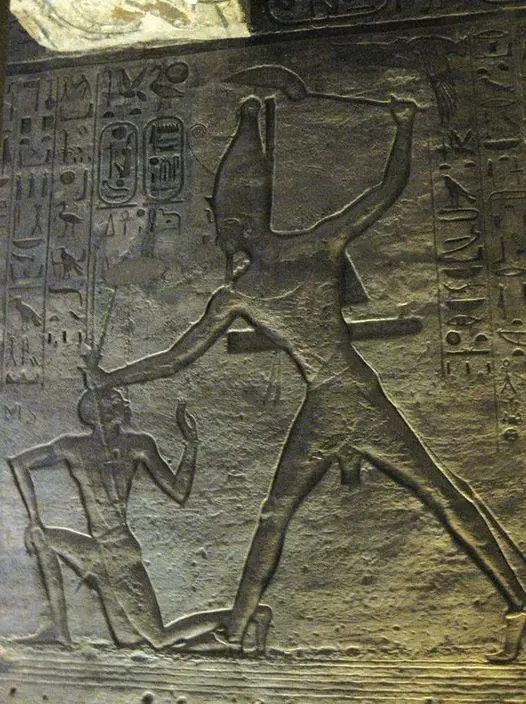
⚔️✨ Warriors of the Pharaoh ✨⚔️
This powerful relief shows the Pharaoh in a dynamic pose, striking down his enemy, symbolizing his strength and dominance in battle. 🏺 The scene illustrates the Pharaoh’s role as both a ruler and warrior, defending Egypt and maintaining order through military might.
Such depictions were common in ancient Egyptian art, designed to showcase the Pharaoh's divine authority and ability to protect the land from invaders. 🌍 These carvings serve as reminders of the Pharaoh’s role as protector of Egypt, as well as their divine connection to the gods. 🌟
#AncientEgypt #Pharaoh
#EgyptianArt #WarriorKing #EgyptianHistory #DivineAuthority
#BattleScenes #ProtectorsOfEgypt
#PharaohPower #HistoricalRelief #AncientCivilizations #EgyptianCulture
Read More...
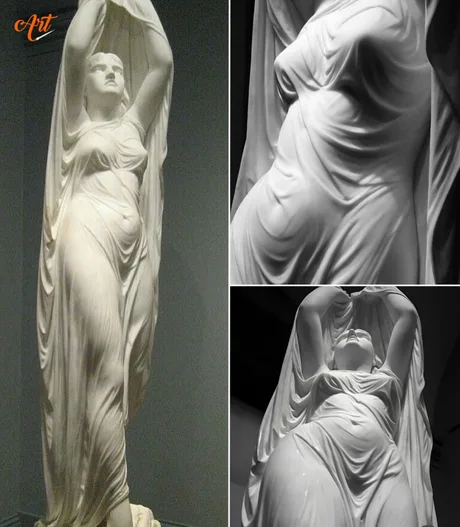
Incredible detail.
Undine Rising from the Fountain by Chauncey Bradley Ives, a romantic marble sculpture of the water spirit emerging from the waves. Created in 1884, it resides in the Yale University Art Gallery.
#Awesome
Read More...
